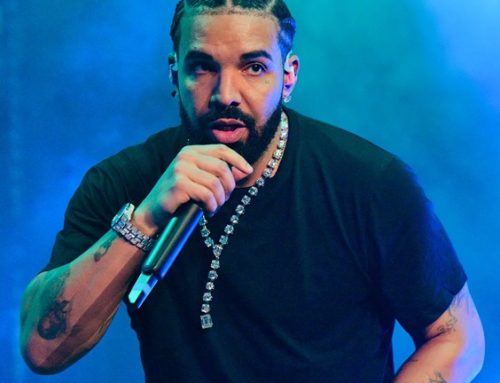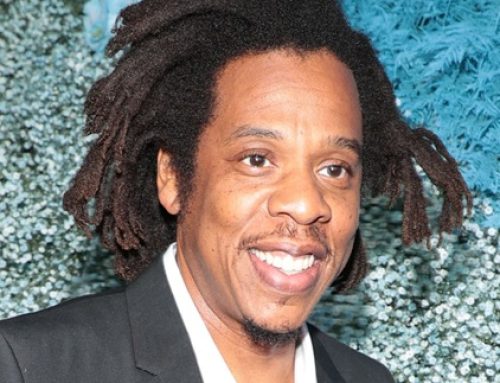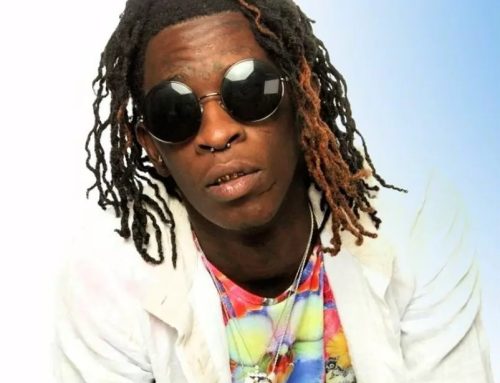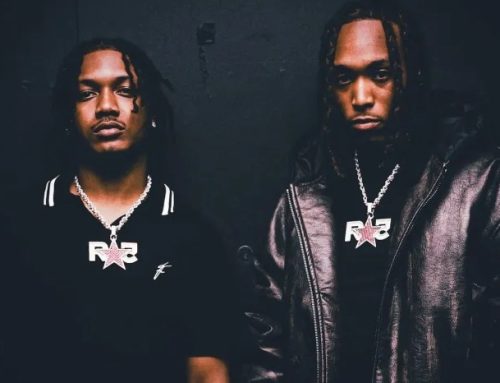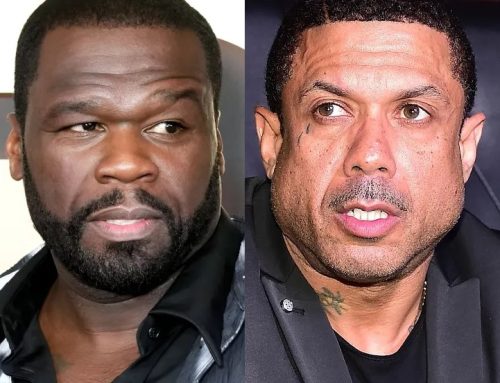Veteran music journalist Shaheem Reid talks to Billboard about his latest venture and today’s landscape of hip-hop media.
Hip-hop historians are unique for one reason: They’ve been immersed in the culture their entire lives. Coming from Queens, NY, revered journalist and industry mover Shaheem Reid has witnessed the expansion of hip-hop during his 20-plus-year career. With extensive highlights, including reporting at MTV News to serving as the President of Busta Rhymes’ Conglomerate record label, he had the skill-set and experience needed to launch Polaris, the first black-owned, free-ad supporting streaming channel, last September.
Alongside highly-regarded hip-hop journalists Rahman J. Duke and Sway Calloway, Reid’s (and Polaris’) primary focus are telling the stories of hip-hop and black culture by all indigenous people and people of color. After announcing their channel will debut on VIZIO’s SmartCast because of their newly founded partnership, Polaris released a news show and various documentaries covering hip-hop and black culture, with a more informed point of view.
“Polaris is the culmination of 20+ years in the game,” Reid told Billboard. “As Rahman [Duke] would know, we had plenty of experience working at these big corporations. And while those experiences were positive, we felt now was the time to create this platform to cover our culture while also empowering upcoming and established content creators.”
Reid recently spoke with Billboard to discuss the launch of Polaris, the importance of finding the right platform to display your work, today’s landscape of hip-hop media, and more.
With Polaris up and running, what originally inspired this idea to come to life?
It was a matter of timing. Even going back ten years ago, the thought of creating this platform existed despite what else was happening with me. At the time, Puff [Daddy] spoke with me about joining REVOLT — and I was also on the road with Rick Ross and MMG touring, looking to sign artists, and we had released the Rich Forever mixtape after having Meek Mill and Wale join us.
But my business partner Rahman and I, who I met at MTV News before we reconnected at REVOLT, knew this was the way to go. We’re going to bring the same energy and vision we’ve created to Polaris — and honestly, we have a leg up over a lot of our competition. In Polaris, you’re looking at decades of work from our team that impacted the culture, and are still around today. It’s going to be a challenge, but I’ve never been afraid to compete, and I call myself a titleholder.
Alongside creating Polaris, you and your team chose to partner with VIZIO and make them the home base for your channel. What makes VIZIO such a good fit?
It was easy to do this — because first, I loved the product. I made a joke during ad week about how an ex-girlfriend of mine gifted me a VIZIO TV, and the TV lasted longer than our relationship. [Laughs.] But in all seriousness, I love VIZIO and its products, because I’ve bought them for family and friends. And on another level, I was impressed with their growth in recent years, specifically with their content strategy, and leadership up top.
VIZIO doesn’t want to change us at all. They’re simply lending their resources and are focused on helping us in any way possible. When you’re dealing with major corporations, sometimes it’s difficult to arrange that kind of situation, or even establish a clear and consistent line of communication with them. But with VIZIO, we haven’t had to worry about that and it’s lovely.
Partnerships, especially in media, are extremely common and so are its mishaps. How did you research finding the right platform for Polaris before aligning with VIZIO?
Even before discussing brand partnerships, you have to take a great amount of time in evaluating who to work on your team. It doesn’t matter if it’s your best friend, close family, etc. — you can’t work with everybody, and it takes experience to learn that. I was blessed that me and Rahman’s work chemistry was not only fantastic, but we had similar backgrounds too. There’s no bigger blessing than working with someone you love, and for the two of us, we’ve worked together for over 20 years.
Outside of that, as well as having Sway [Calloway] join Polaris as a board member, we invested in lawyers who did extensive research on potential partners. Patience was a huge thing to have during this process, especially as the deal with VIZIO took months to finalize and they were also looking into us; making sure they knew what was up with us.
The relationship between hip-hop and media has certainly evolved since the start of your career. What do you believe is the biggest change?
There are certainly a lot of people in the space now, which means a lot of them aren’t covering the culture for the right reasons. But I’ve also seen a lot of great journalists, filmmakers, and entrepreneurs, who are giving back to our people and doing the right thing. We’re all dealing with the crazy times and how much consumers are consuming the content and influencing it; which creates competition. I remember being at MTV News or even VIBE Magazine back in the day — we went against XXL, The Source, and other dope platforms.
After seeing yourself in all of these roles– journalist, record executive, and businessman– what is your mission statement for 2022?
I just want to keep getting better. In fact, I have breaking news for Billboard… [smiles] I’m releasing a book this year, and there will be another one coming out in 2023. There are a couple of big content deals that are being finalized right now too. After being in the game since ‘98, I want to be bigger than ever and keep it going. The seeds I’ve planted are growing nicely, and rightfully so.


